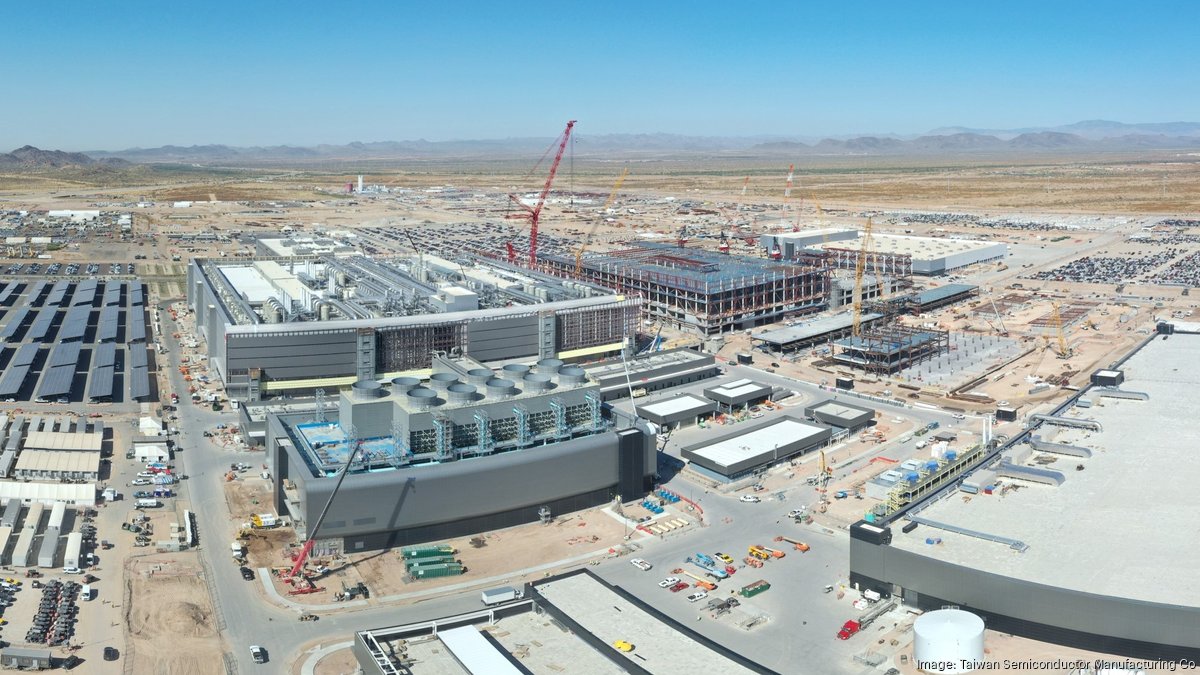Applied Materials has expanded its US presence with the strategic acquisition of a 181,655 sq ft industrial facility in Chandler, Phoenix’s East Valley. The purchase reinforces the company’s commitment to sustainable growth and decarbonisation strategies, marking a key advance in the region’s industrial transformation.
The facility, known as GO | AZ Ave, will be integrated into Applied’s operations to support advanced semiconductor equipment production in line with eco‑friendly, energy‑efficient standards. The move mirrors the growing demand for industrial real estate in the Phoenix metro and emphasises the company’s long‑term investment in sustainable infrastructure.
This acquisition aligns with Applied Materials’ broader objectives of creating zero‑carbon, equitable cities. The site offers opportunities to incorporate solar energy, water recycling systems, and green materials—all key components in transforming industrial assets into sustainable hubs. These enhancements will not only reduce greenhouse intensity but also set a benchmark in regional manufacturing practices.
Chandler stands to benefit significantly. The infusion of a green‑oriented industrial facility drives job creation across diverse skill levels—from construction and facility maintenance to high‑tech semiconductor manufacturing. The presence of Applied Materials is poised to enhance local workforce development programmes, especially encouraging gender‑neutral hiring practices and equitable opportunities in STEM sectors.
From a city planning perspective, integrating sustainable industrial assets within an urban framework presents challenges—traffic, resource management, and energy consumption. Yet, this acquisition signals a clear intent to align advanced manufacturing with community‑focused urban growth. The facility can act as a catalyst for further private and public investment in green infrastructure and equitable development zones in Chandler.
Although Applied Materials has not announced immediate refurbishment plans for environmental upgrades, their global sustainability track record suggests swift implementation of best‑in‑class green technologies. Combined with Phoenix’s broader economic momentum in semiconductor and renewable energy sectors, the acquisition promises to foster a resilient, eco‑centric industrial corridor.
Ultimately, the deal serves as a strong signal that sustainable economic growth need not come at the expense of social or environmental equity. Phoenix’s evolving industrial landscape is gaining a high performing, climate-conscious tenant, and the regional community stands to benefit from increased green manufacturing, employment, and sustainable city development.
Also Read: Stalled Mutha River Bridge Spurs Sule Demand Weekly Reviews, Accountability


